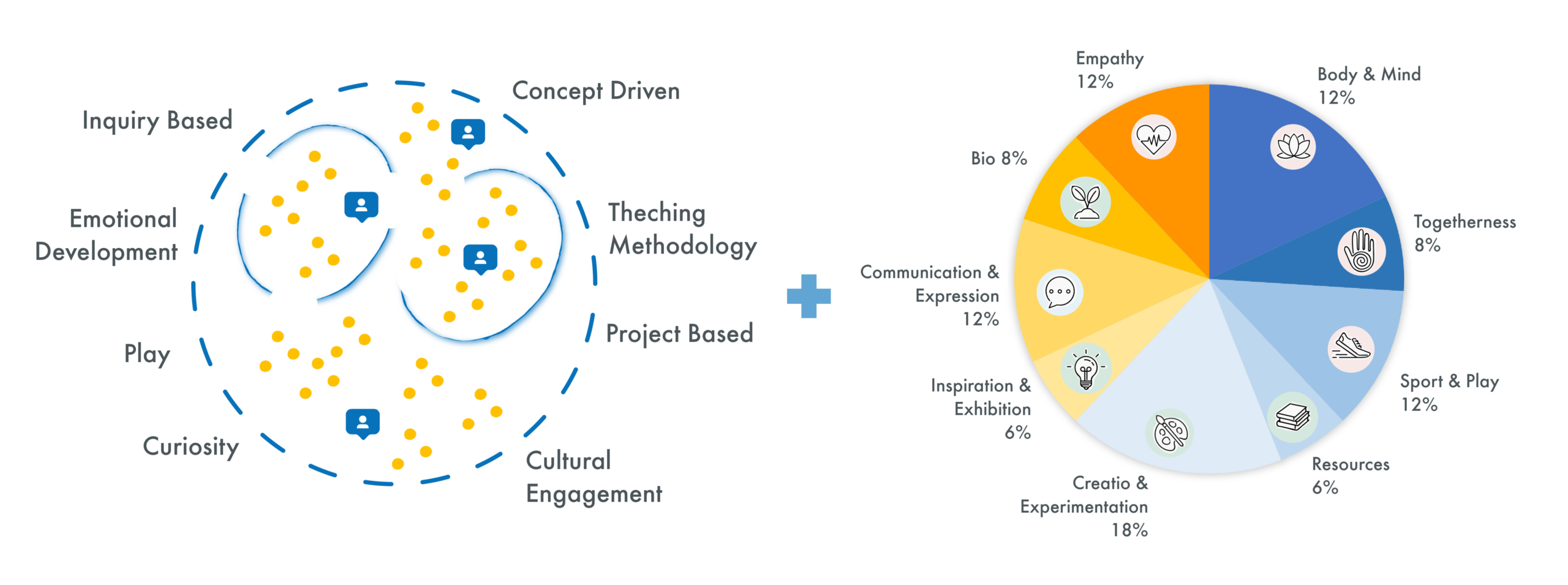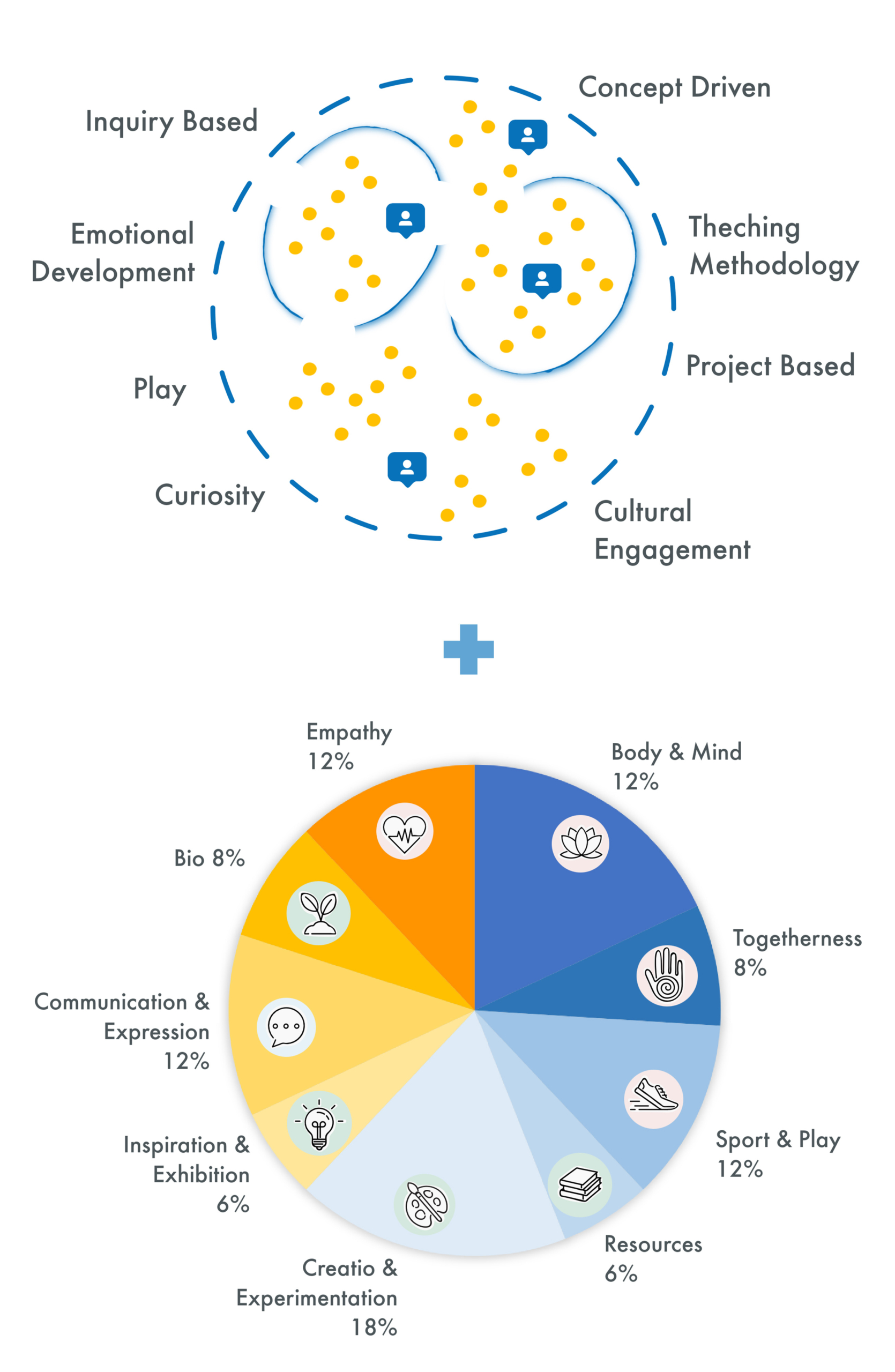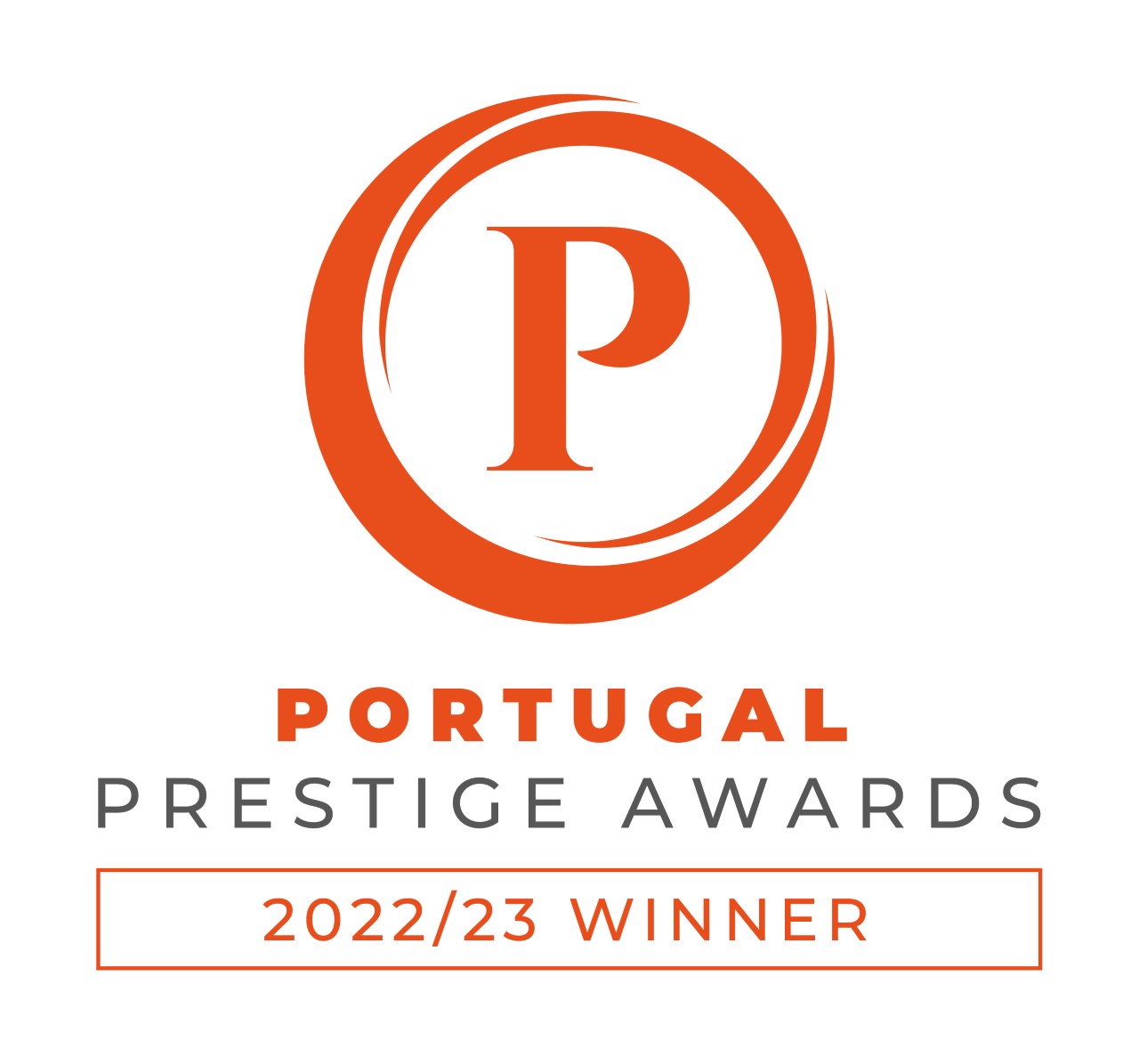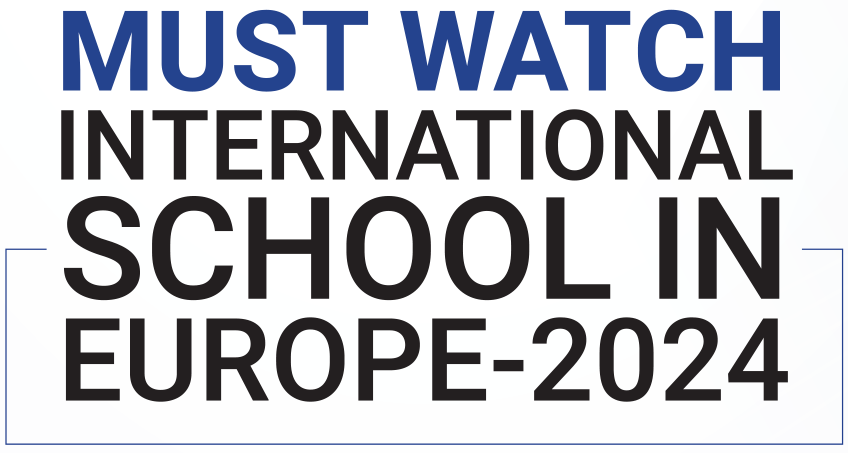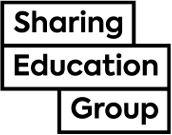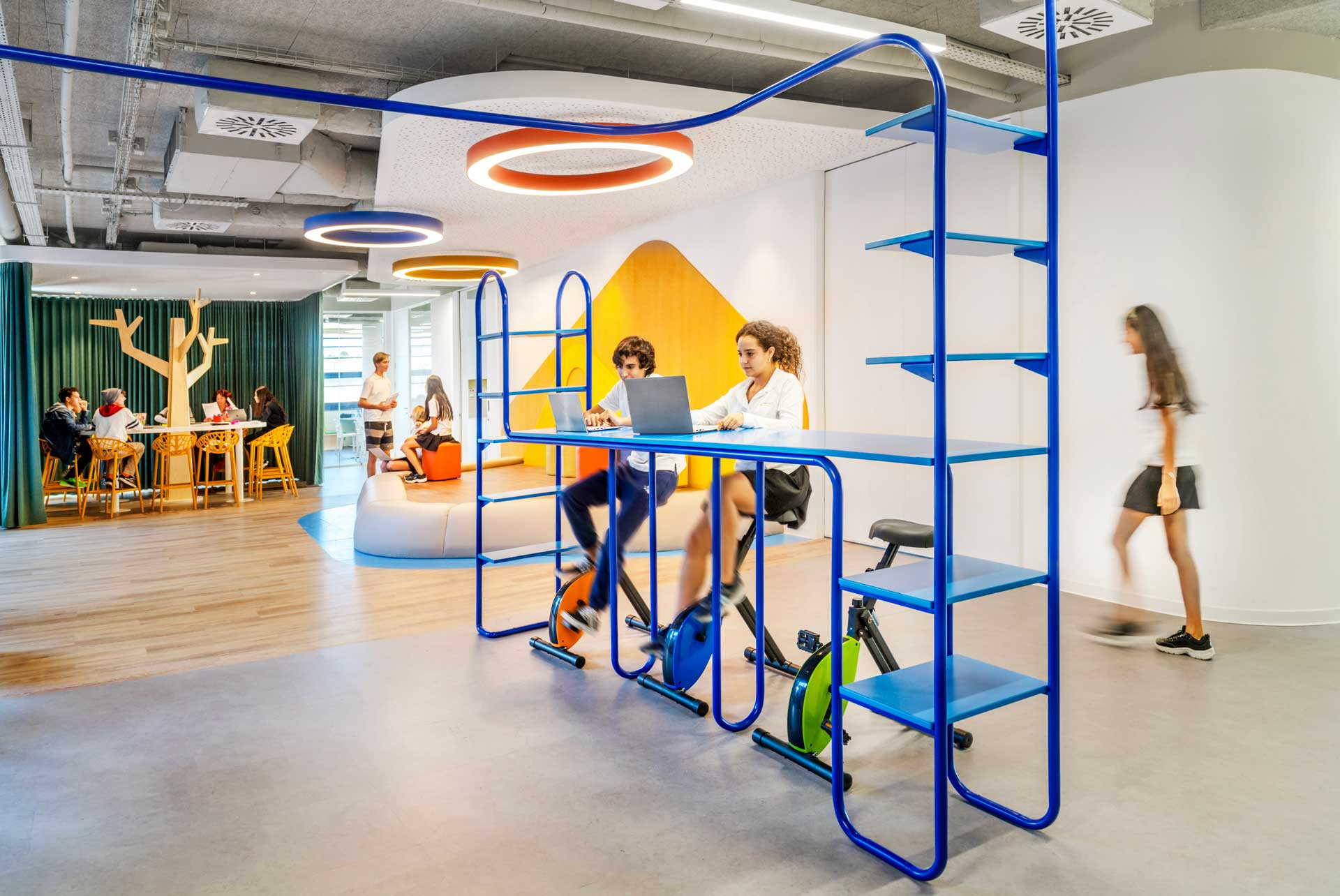Children’s education
Starting small
The Early Years Programme (EYP) is the first stage of the International Baccalaureate Programme, and it is included within the Primary Years Programme. It is for students aged 3 to 6 and focuses on the development of the whole child, not only in the classroom but also in the world outside through other environments where children learn.
ISS offers the Primary Years Programme of the International Baccalaureate because it puts the student at the centre of the learning process through an inquiry-based teaching approach. It offers a framework that meets children’s needs: academic, social, physical, emotional, and cultural.
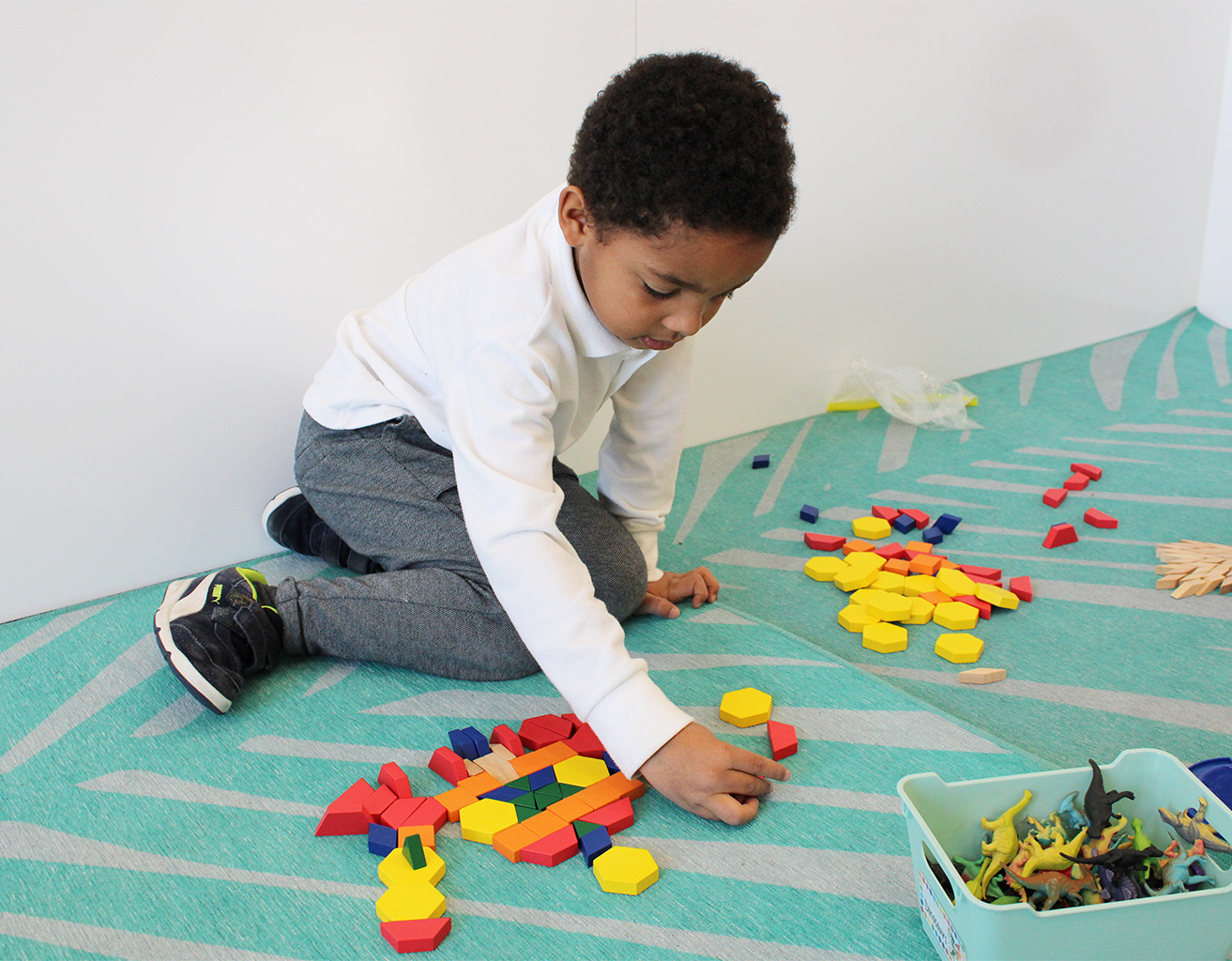
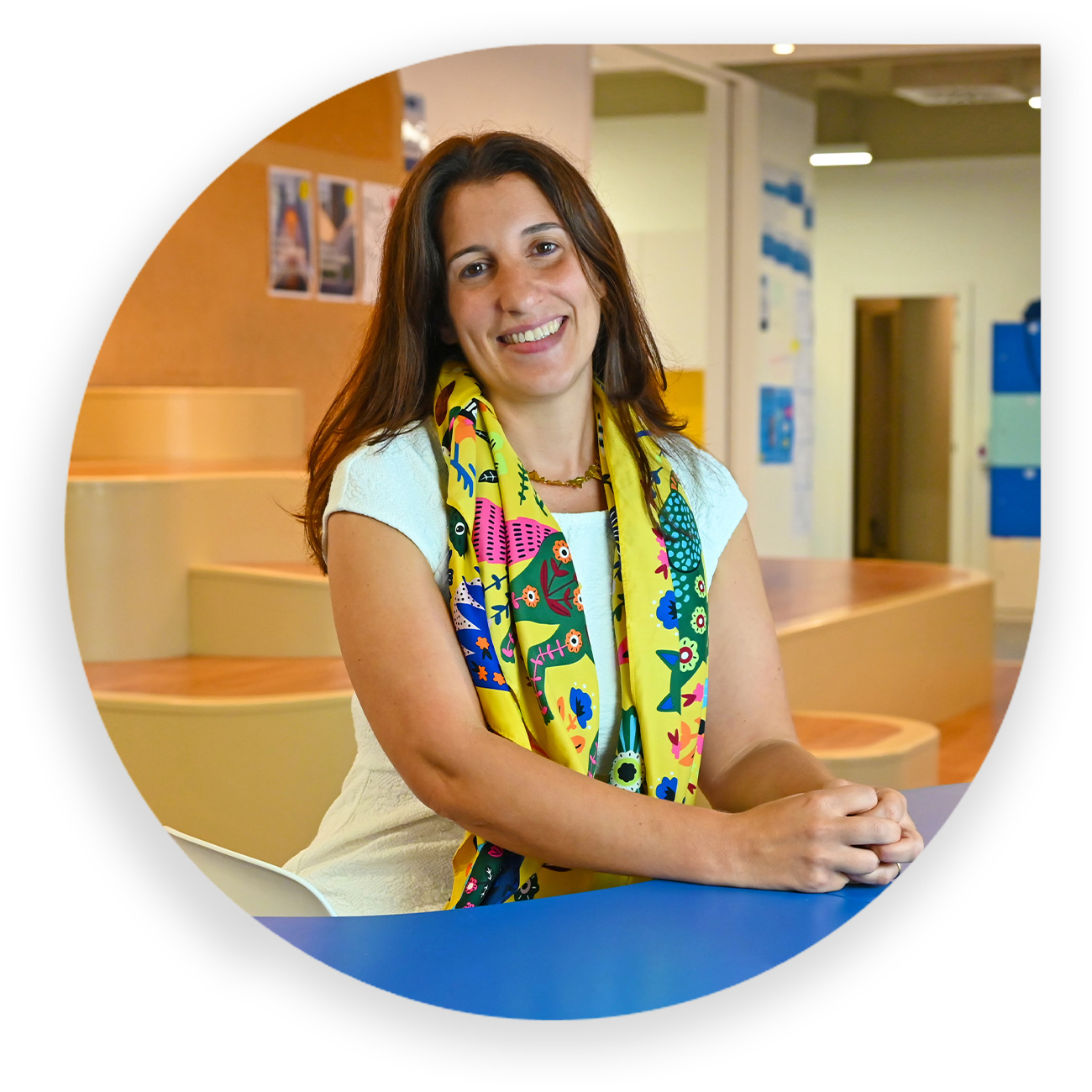
“Play and learning are not separated; play is a child’s way of learning.”
Emphasising a play-based approach, in the Early Years Programme we believe learning is most effective when it is joyful, active, and child-centred.
Our classrooms are dynamic spaces where curiosity thrives, and learners are encouraged to discover, create, and connect with the world around them. Through carefully crafted learning experiences and play, we provide a safe and nurturing environment, helping each child to develop socially, emotionally, and intellectually.
Our community embraces the diverse experiences that each child brings, nurturing their natural curiosity and supporting their growth as confident, compassionate individuals.
– Isabel Costa Pereira, Coordinator of Early Years Programme in Oeiras Valley
School Values
Enhanced Learning Categories
International Sharing School students learn at their own pace, and sometimes the traditional classroom makes it difficult to do so. Our enhanced learning categories enable students to adjust their learning pace while developing different skills throughout their learning journey.
What we believe for our students
Approaches to learning in the Early Years
Children’s approaches to learning contribute to their success in school and influence their development and learning across all domains.
Children’s ability to stay focused, interested, and engaged in activities supports a range of positive outcomes, including cognitive, language, social and emotional development.
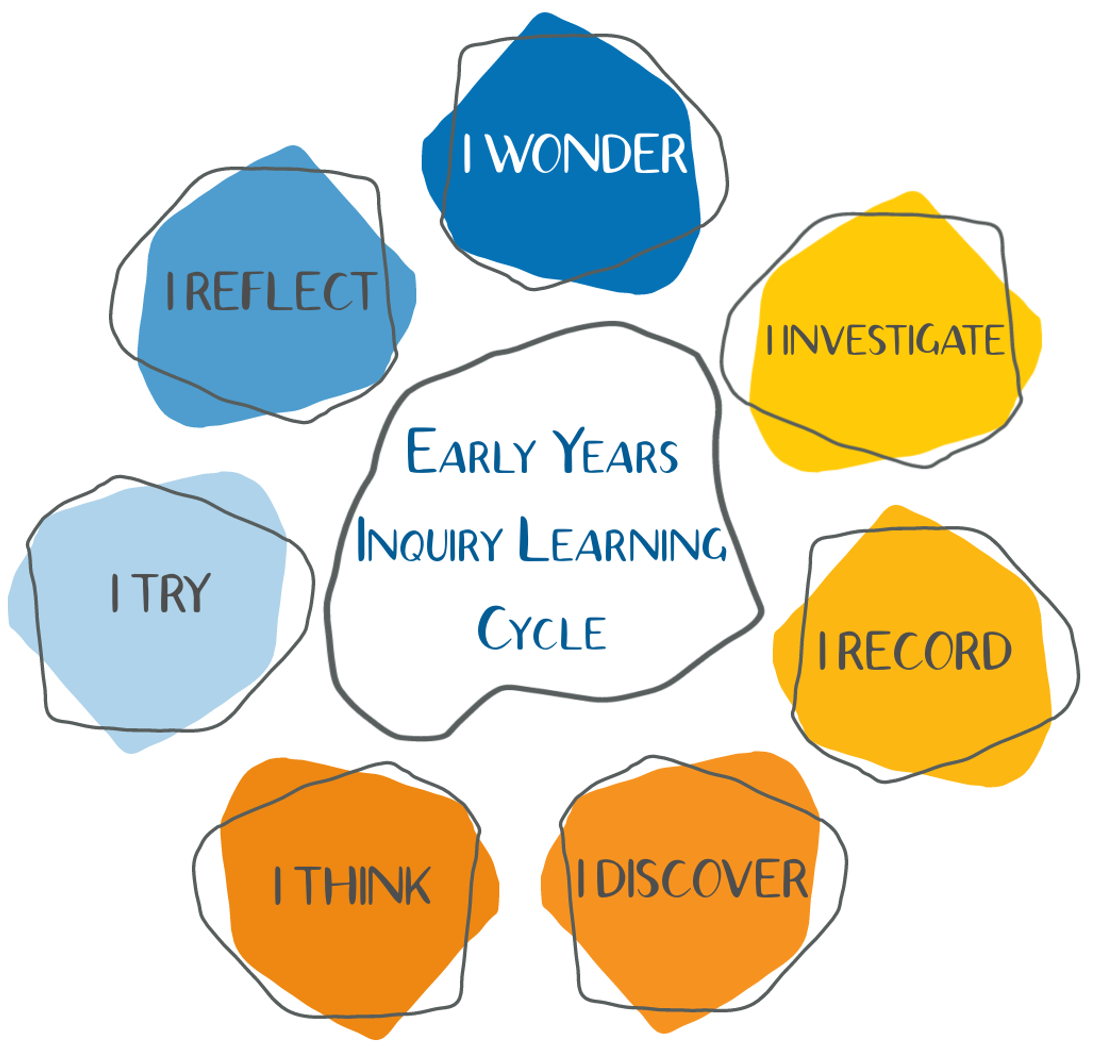
Evolution & Future
The Importance of Inquiry
In the Early Years, Inquiry is part of our students’ everyday life. Inquiry is based on genuine curiosity and the desire to know more about the world. Students are motivated to question and seek different answers and possibilities throughout their learning journeys.
Inquiry has a real significance in moving students to a new and deeper level of knowledge and understanding as it is based on existing knowledge, leading to responsible action initiated by the student.
Inquiry follows a process described as the Inquiry Learning Cycle.
Early years
The Classrooms
Students in the Early Years Programme (3-6 years) are encouraged to be more independent and explore on their own. The share of care spaces remains significant, but as the students grow, they will be offered more diverse spaces where they can develop their understanding of languages and cultures.
Through play and inquiry-based activities, the students have the opportunity to explore their curiosity and deepen their understanding of their learning. Play provides students with opportunities to develop their social skills, problem-solving abilities and physical development.
